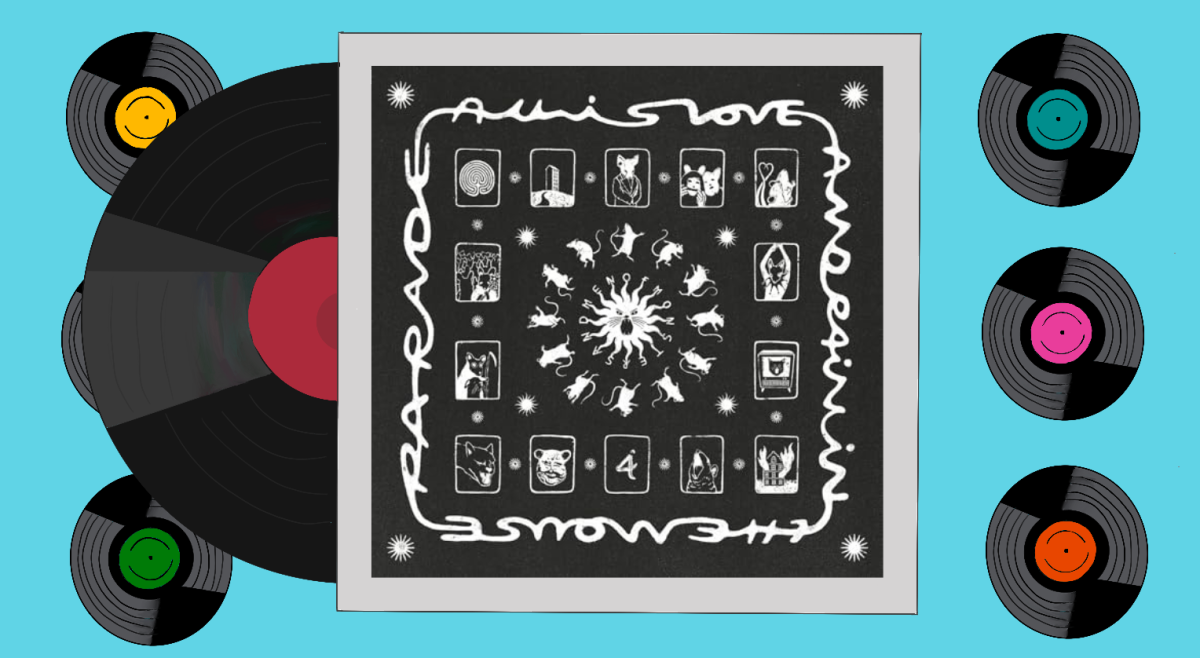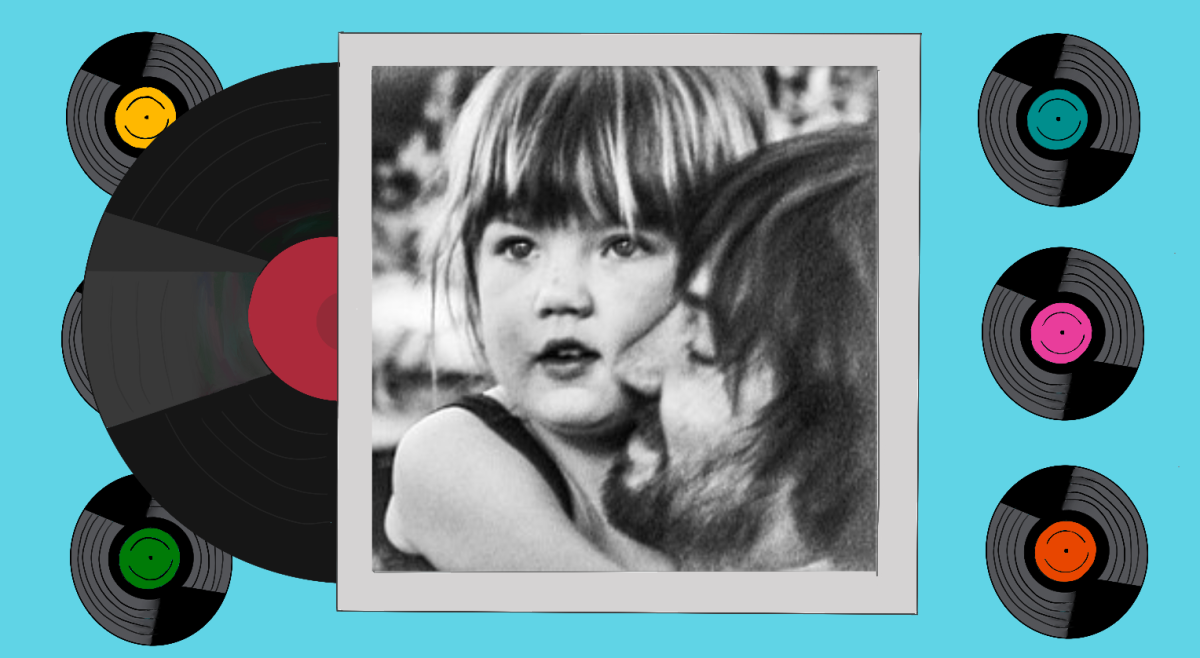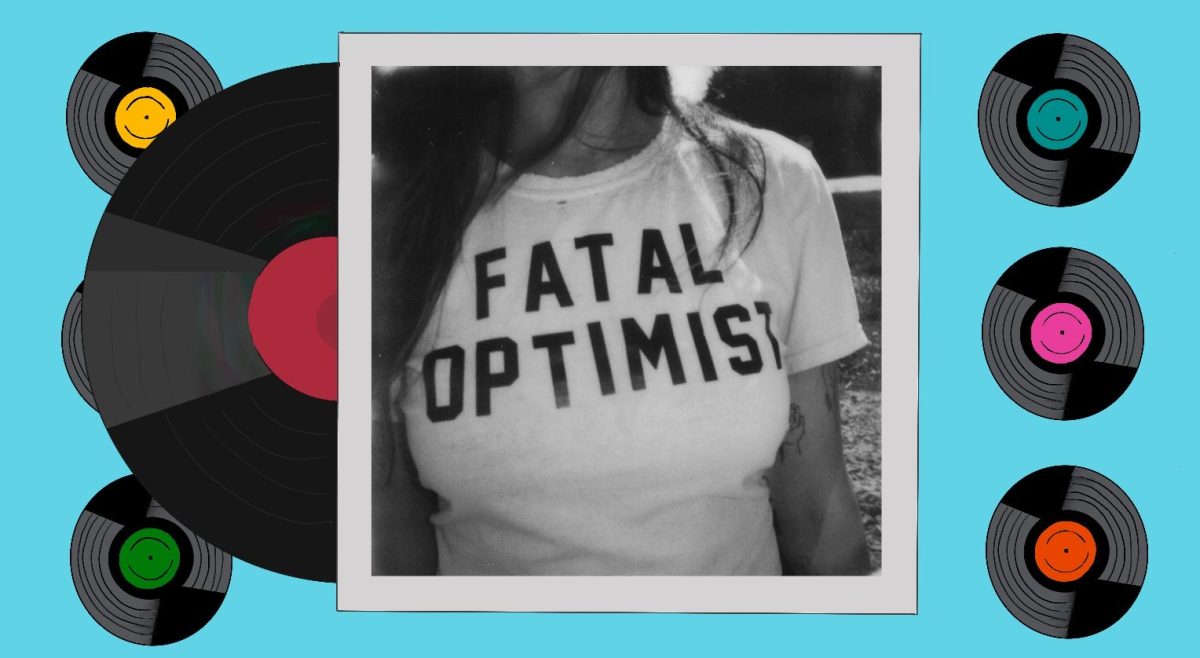Hanging on in quiet desperation may be the English way, and, for once, it works.
For over a decade, Editors have been both ever-present and completely anonymous. Rising to some popularity after their 2005 debut album The Break Room, the band shouldered the burden of being the next “it” group to spring forth from the sceptered isle, and, to an extent, began to crumble under the insurmountable weight of expectation. Or so we thought.
In Dream, Editors’ fifth studio album, serves as a reminder that no matter how ominous, distressing, or heartbreaking Editors become, they will always find a way back into our ears, and by extension, our soul. A raw sound comes forth that nevertheless enlists the elements synonymous with their character and does so in such a way that allows us encounter a faint glistening burning within the work, a reminder of their inherent fervent talent.
“No Harm,” the album’s opening track, embodies all of the “new” qualities Editors bring forth, but with enough character that long-time fans will recognize the substance simmering beneath the surface. It reminds listeners of the raising of the curtain during a performance and the intricate and careful introduction of sounds that feel right at home with the ambiance it generates.
First, the tentative yet powerful synths give way to a deep bass that then gets transcended by Smith’s spine-tingling vocal-lyric combination. He sets the doom and gloom tone for the album with his first verse: “I boil easier than you / Crush my bones into glue.”
Editors become more Massive Attack than Depeche Mode as they morphs their sounds into a conglomeration of the two with its own distinct aura—the painful outward reflection has never felt so good.
For years, Editors have been damned if they do and damned if they don’t—carefully (or dangerously) stepping and sidestepping their own self-imposed boundaries. Their follow-up to their 2005 success, An End Has A Start, it felt more as an extension of their previous work rather than a separate undertaking. The same heavy reliance on guitars, deep, if not demoralizing, themes, and Tom Smith’s striking vocals were present—just not its previous umph.
Their next two studio endeavors explored previously uncharted territory with the addition of a distinctly electronic character and what they described as “vibe,” which in simple terms became an attempt to induce certain emotions within the listener. Unfortunately, all they induced was apathy and often annoyance. Their future came into question: would they join the expanding rank-and-file division of the industry retreat into its graveyard of forgotten artists?
The answer came as a resounding no in the form of the band finally maturing and generating that long-sought sound. When it works, it’s breathtaking, and when it does not, it returns to its default mode, which in their case is better than the majority of material produced in today’s materialistic musical paradigm.
And In Dream sounds both similar and foreign. “Forgiveness” feels most at home after a few run-throughs. It speaks of the necessary qualifications to deserve absolution from a deeply personal perspective, as Smith resolutely says, “The line in the sand is not drawn for everyone / the flag in your hand does not make you a miracle.” Its riffs and constant repetitions of the chorus reminds the listener of a prayer, a constant yearning for validation. The song feels the most Editors-like of the album, it generates a state of mind that resonates with the quintessential late-afternoon coffee shop, where the search for lonesome company in order to escape the abyss of your own mind becomes strikingly real.
“Life Is a Fear” brings intense beats with a constant use of synthesizers to emphasize the anxiety the song generates, the same anxiety the lyrics expound on. The song brings forth all of the elements synonymous with British Alternative Rock—that being anything remotely different from mainstream sounds that possesses resounding vocals that creates an atmosphere to be experienced rather than just heard.
In Dream feels like the completion of Editors’ evolution as musicians and establishes them as a staple in the alt-rock genre. Its constant infusion of futuristic sounds into the instrumental backbone generates a fresh yet familiar sound. Smith has lost neither any of his vocal vivacity nor his obsession with the unfulfilled. Editors have a large growth margin as they took a giant side-step in the right direction. Their lucid dreams enter reality, at least for now, and it works.
Featured Image Courtesy of PIAS Recordings












